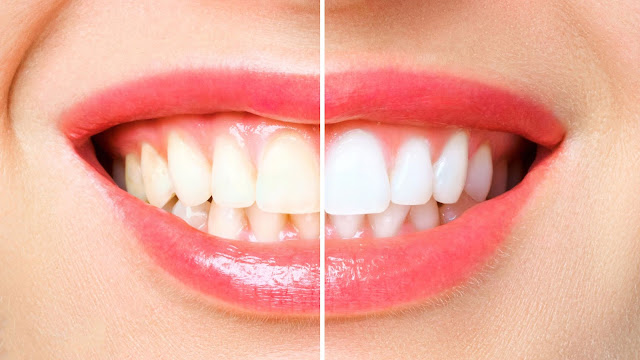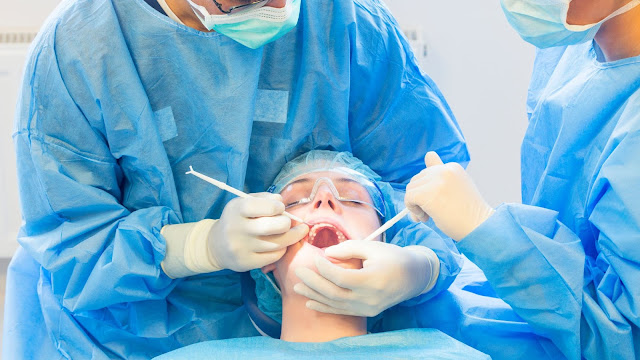Sensitive Teeth: Causes, Symptoms, Prevention and Treatment

What is Teeth Sensitivity? Teeth sensitivity generally happens when the underlying layer of the teeth known as dentin becomes exposed due to either wear and tear or gum recession where the gum tissue pulls away from the teeth, exposing the roots. Not covered by hard enamel, tooth roots contain thousands of tiny tubules that lead to the tooth’s center known as the pulp. The stimuli like hot, cold, or sweet food reach the nerve in the tooth, through these dentinal tubules resulting in the. Sometimes other issues like cavities, gum disease, or a cracked tooth may also be indicated by tooth sensitivity. What Are the Causes of Sudden Tooth Sensitivity? Though some people may naturally have more sensitive teeth as compared to others due to thinner enamel, various factors can cause thinning of the enamel, causing sensitive teeth. These include: Brushing your teeth too hard : Brushing too hard or using a hard-bristled toothbrush over time can lead to the wearing down of the enamel, causing d




